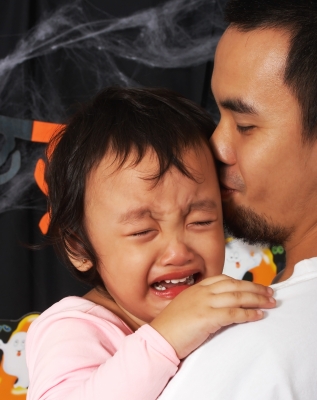18
Apr
April 18, 2012
 Your adoption journey Is complete, you are ready to bring your child home! This is a joyous & emotional time for you. You have waited and dreamed of this moment and it has finally arrived! While this is an exciting time, it is also important to be realistic and practical, which will help you on your journey home.
Your adoption journey Is complete, you are ready to bring your child home! This is a joyous & emotional time for you. You have waited and dreamed of this moment and it has finally arrived! While this is an exciting time, it is also important to be realistic and practical, which will help you on your journey home.
First and foremost, it is important to remember that your child has gone through many changes. Your child may have gone from an orphanage setting into interim care. Your child has probably bonded with the first adult who showed them love and affection. Depending on the age of your child, they will respond in various ways to travel. Acknowledging the loss they are experiencing is particularly important. Let your child grieve over their loss and do not take it personally! Using this as a foundation will help you understand some of the behaviors you may encounter.
Travel is difficult for all of us and maybe more so for your adopted child. The longer the travel time, the more difficult and tired your child will be. Below are some tips to help while traveling home with your child, and in making the journey home an easier one.
- If traveling with an infant, when booking your flight and at check in time, ask the airline for a bassinet.
- If your child is crying on the plane, stay calm! Your child will read and feel your emotions, becoming upset or nervous will exacerbate their behavior.
- Ask the flight attendants for help, ask for apple juice or assistance in changing a diaper. Flight attendants are usually eager to assist.
- Take along over the counter meds such as age appropriate Tylenol (for pain and fever) and Benadryl (for congestion). Prior to travel, speak to your pediatrician or travel physician about prescribing an antibiotic for your child in case you need it during travel.
- Bring plenty of diapers, wipes, jammies and clothes for your child. Remember the airplanes are always chilly, so pack plenty of warm clothes.
- For long trips from countries like Congo or Samoa, change your child’s clothing at least 3 times, regardless if you feel they are still clean. This will keep them fresh and comfortable.
- Bring toys to distract your child and keep them busy.
- If your child will not calm down, take them into the lavatory and run the water, gently place their hands or feet in the running water. This is a great distraction and almost always calms them down.
- Hold children close and quietly sing to them.
- Bring snack foods, plenty of bottles, sippy cups and pacifiers.
- If you are traveling with someone, take a break! Let them hold your child while you get up, stretch and walk the aisles.
- Bring a change of clothes for yourself, your child may spit up or have an accident on you!
- For older children – brushing their hair with a brush can have a calming effect.
- Lightly stroking a child – their hair, arms or back has a calming effect.
- For infants, bring a sling to transport them through airports. Slings are easier to handle and carry and you can easily slip your child out of it at security check points.
- Sleep when your child is sleeping.
- When arriving home, keep family and friends welcoming you to a minimum. The more people waiting for you, the more stressful this is for a child. Flashing cameras and paparazzi moments will only agitate and scare your child who is already overly tired.
The staff of MLJ Adoptions wishes all of you safe travels!
